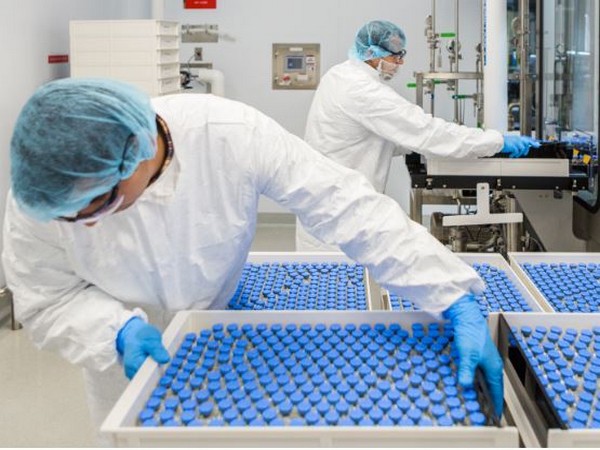India Emerges as a Prime Destination for Clinical Trials: Pharma Industry Leaders
You dont have to run a phase four study if you have a large enough subpopulation from India to contribute to your phase three data, Corsico said, adding that the infrastructure has improved.Dr. Uli Broedl, senior vice president and head of Global Clinical Development, at Boehringer Ingelheim, said India now offers huge opportunities.It is an absolute misperception that quality was poor.

- Country:
- United States
Over the past 10 years, clinical trials in India have become easier, more accessible and accelerated, experts from the pharma sector have said as top multinationals are increasingly looking at the country as their base for clinical trials.
Data from 2017 to 2023 shows that phase two and phase three clinical trials are growing at about 15 per cent to 18 per cent in India. This is primarily because of the 10 modifications done to the Drugs and Cosmetics Act of 1940, according to Badhri Srinivasan, head of Global Clinical Operations, Novartis.
Novartis is one of the largest pharmaceutical companies in the world and was the fourth largest by revenue in 2022.
“Given where we are, given what the landscape in the international community has happened, the regulators in India are starting to move and make changes to it. Since 2013, there have been 10 modifications to that act to try to make clinical trials easier, more accelerated, more accessible, et cetera,” Srinivasan said at the 18th Annual BioPharma & Healthcare Summit in Boston on April 25 organised by the USA India Chamber of Commerce.
A new act of 2023 is in the works which addresses very significant changes. Medical devices, for example, are now a separate vertical.
“We will have much more transparency, a lot more acceleration in clinical trials, a lot more standardisation, a lot more clarity on what ethics committees can do, their compensation, et cetera,” he said, adding that modernisation is now happening.
“Hospital chains and hospital networks are actually also clearly modernising. Seventy per cent of the patients are in private hospital networks. Private hospital networks are now diversifying into tier two, and tier three cities, into tertiary networks as well. That gives you broad-based access to patients. So this is all the things that are going on that makes India pretty attractive for clinical trials,” Srinivasan said.
At the same time, Srinivasan and other experts felt that India has a lot of other improvements to make.
“It is still harder to do clinical trials in India,” he said at the summit, which was attended by top leaders from the American and Indian pharma sector.
Dr Sarah Sheikh, head of Global Development, Takeda, India can help companies like hers to bring medicines to patients faster.
Some of the major changes are making clinical trials in India much more feasible, scalable, and predictable.
“We are taking this macro trend into consideration as we're moving away from the question of should we be in India to when and how we go to India. We foresee a number of opportunities that we can start slowly with one to two pivotal trials in the next year or so and then build that experience organically,” Sheikh said.
Dr. Christopher Corsico, Global Head of Development, GSK, said that many companies have built a huge infrastructure in India because of the talented population there to help build and run the operational component of clinical trials.
“We have an obligation to then overcome what some of the misperceptions are. The discussions that take place, one is it's slow. There was a time when it was very burdensome. The timelines were very challenging. So even if you started off trying to include India upfront, by the time they actually were able to come on board and enrol, most of the trial had already been enrolled,” he said.
“However, we have seen movement and the timelines actually have decreased by about 30 to 40 per cent. So for a pure pharma play, actually if you include India early strategically, you can get them on board and participate in that global trial which brings the back-end benefit. You don't have to run a phase four study if you have a large enough subpopulation from India to contribute to your phase three data,” Corsico said, adding that the infrastructure has improved.
Dr. Uli Broedl, senior vice president and head of Global Clinical Development, at Boehringer Ingelheim, said India now offers huge opportunities.
“It is an absolute misperception that quality was poor. Infrastructure stepped up. We are currently at Boehringer Ingelheim running a large phase three global programme, where India participates in obesity. We see pleasantly fast approval timelines for the clinical trial application,” he said.
However, there are a few places where India can step up.
“From my point of view, clinical development is not just something in isolation. It is about bringing drugs to patients as a matter of fact. Here is an opportunity to carve out market access pathways to better understand what we could do, what India could do, what market access opportunities and pathways we could jointly identify and of course the topic of IP. I think it's a huge opportunity for India to step up here,” he said.
(This story has not been edited by Devdiscourse staff and is auto-generated from a syndicated feed.)










